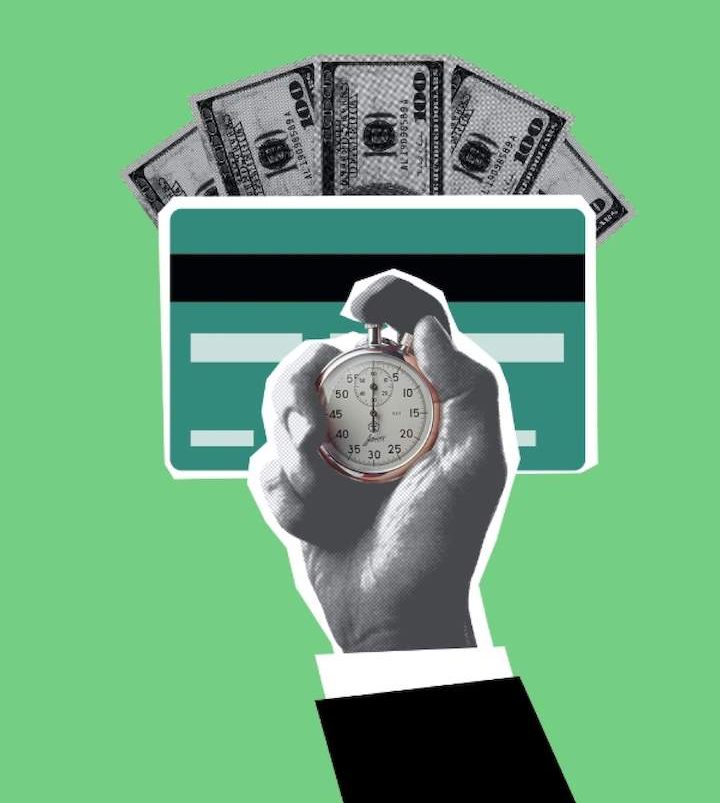Paying off a loan early can be a great option if you come into extra money, and could actually save you money in the long-run. However, you should be wary of any fees associated with early repayment.
Can You Repay a Loan Early?
It is possible to repay your personal loans early; however, you may incur early repayment charges which will feature in the terms and conditions dating back to when you first agreed to take the loan out.
Some lenders may not claim to have early repayment charges but may have hidden fees, so it’s worth checking this out before making a decision.
How Much Does It Cost To Repay a Loan Early?
Early repayment charges will vary depending on the lender, and will be based on a number of different factors. Since 2004, Consumer Credit Regulations state that lenders can charge consumers up to 2 months additional interest should they decide to make an early loan repayment.

In addition, they stated that if you have fewer than 12 months left on your monthly repayment plan, lenders can charge up to 28 days’ interest.
With that in mind, calculate that your early repayment charge will be one or two month’s worth of interest, depending on the length of your policy.
If the loan you have taken out is for more than £8000, other fees may apply including:
- 0.5% of the amount repaid early if the agreement has less than 12 months left
- 1% of the amount repaid early if the agreement has more than 12 months left
- Remaining interest before the rebate
Before agreeing to make any early repayment, it is always worth speaking to your lender.
How Do I Know if My Lender Charges a Fee?
Some lenders will be fully transparent about their early repayment charges from the offset; however, others may have hidden fees. In this situation, lenders may not advertise that they charge for early repayment because they will technically be charging for additional interest.
If you are unsure about whether you would have to pay a fee for early repayment, the best course of action is to check your credit agreement. This can be done before you take out the loan or at any point afterwards. Loan agreements will set out the terms of the loan including what happens should you decide to make an early repayment.
How Can I Repay My Loan Early?
If you do decide to pay off your loan early, the first thing you should do is to get in touch with your lender to request an ‘early settlement amount’. Then, the lender will share a figure of how much you will need to pay and give you a 28-day payment window to pay it.
This is optional so there is no obligation to make the payment if you do not want to. Additionally, if you do not pay the amount in the 28-day payment window you can usually request the amount again.

If you would like to partially repay your loan at an earlier date, this is called ‘overpayment’. This means that you can make your monthly repayments cheaper in the long-term by lowering the amount of interest.
If you would like to make an overpayment, you will need to notify your lender and make the overpayment within 28 days. Your lender will then adjust your payment schedule for the remaining duration of the loan.
However, always check with your lender first as sometimes partial overpayments are not permitted by the lender or could incur additional fees.
Will Early Repayment Save Me Money?
The amount that you save with early repayment will depend on the value of your original loan, its interest rate, and how long is left of your loan term. For example, if you are nearing the end of your loan term and have a low interest rate, it is unlikely that you will save very much. Yet, if you have a large loan amount with a high interest rate and are able to pay it back a few years in advance, you may save thousands of pounds.
Your lender can tell you how much money you would save if you ask them to share how much you would owe in total with normal monthly repayments compared to how much you would have to pay if you can repay the loan early. This is a valuable point of comparison that can guide your ultimate decision.
